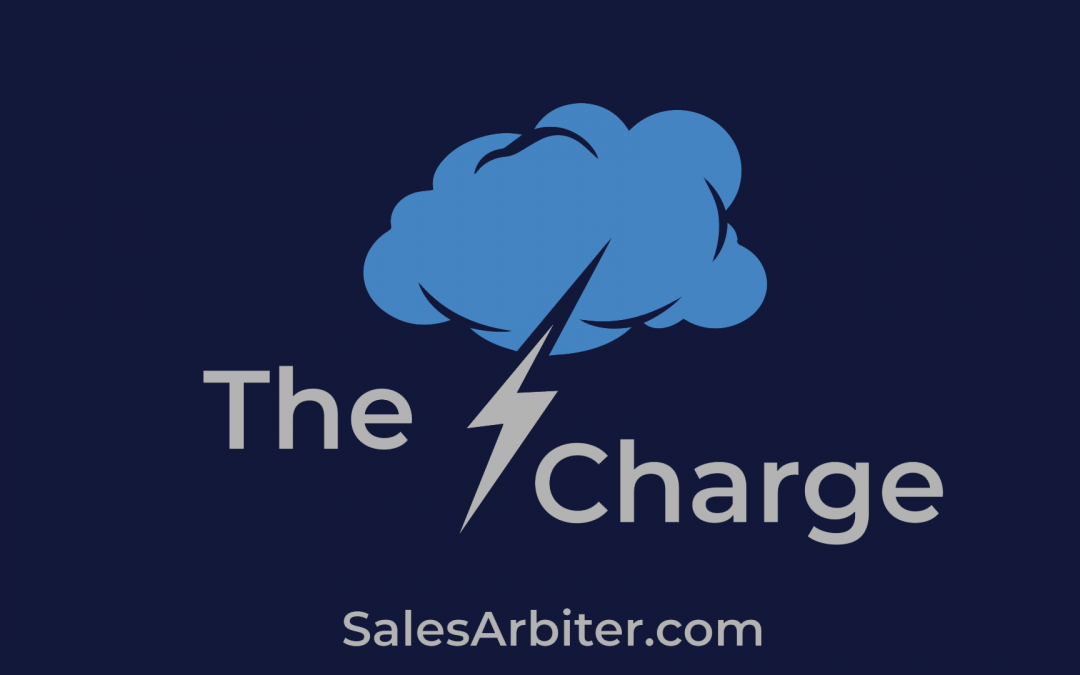Have you ever baked a cake without a recipe? It’s not usually a successful endeavor. Sure, you might be able to estimate some ingredients from experience, but the odds of making a mistake go way up.
If by some miracle the cake comes out of the oven looking good, you won’t know how or why it worked out. On the other hand, if it goes wrong, it will be tough to track down exactly where in the process you made a mistake.
Recipes are the key to consistent success.
Similarly, consistent sales success is the result of a comprehensive sales process. In a nutshell, a sales process is a sequence of stages along the sales journey with repeatable steps your team can follow.
Here are some key benefits these processes provide:
1. Improved efficiency:
The sales process creates a common language for your team. Everyone is able to understand the current stage of each deal and the steps required to complete the sales journey.
Additionally, the roles and responsibilities of each team member are clear, enabling them to understand intuitively the scope of the work.
2. Problem identification:
Issues and slowdowns are easy to spot within a common frame of reference. If your deals are getting stuck at a certain stage in the process, you are able to immediately narrow the list of possible problems.
Without a sales process, it can be easy for systemic problems to hide in the background. By creating a comprehensive process, you will work out kinks and slowdowns in the sales journey, improving the experience and outcomes for your business, team, and customers.
3. Superior forecasting and analytics:
If you don’t know where you’ve been, you won’t know where you’re going. The sales process speeds up onboarding for new reps, creates defined processes with predictable time frames, and overall gives you a better idea of the costs and payouts of your sales program.
The more organized and standardized your process, the better you can predict changes in sales volume and how those changes will impact your bottom line. You will make more informed decisions and invest your resources effectively.
4. Fewer mistakes:
A consistent sales process reduces the probability of human error and improves customer relationship management. No longer will deals fall between the cracks, and clients won’t feel abandoned or neglected.
Your sales process does not end with the signing of a deal. Build a plan that includes long-term relationship management with your clients in the form of periodic check-ins and ongoing support.
5. The opportunity to constantly improve:
No system is perfect. You and your team will continually find new ways to increase efficiency, reduce error, and improve customer experience.
The sales process provides a common frame of reference to discuss issues, opportunities, and solutions. We recommend regularly seeking feedback from your team on ways to improve the sales framework. Their frontline feedback will be invaluable.
How to Build a Sales Process
An effective sales process considers your current situation and goals; it integrates the best practices of your most successful sales reps.
The experts at Sales Arbiter improve sales programs by creating a sales process to standardize and improve successful strategies while eliminating systemic issues.
We have the recipe!
To learn more, contact us TODAY!









